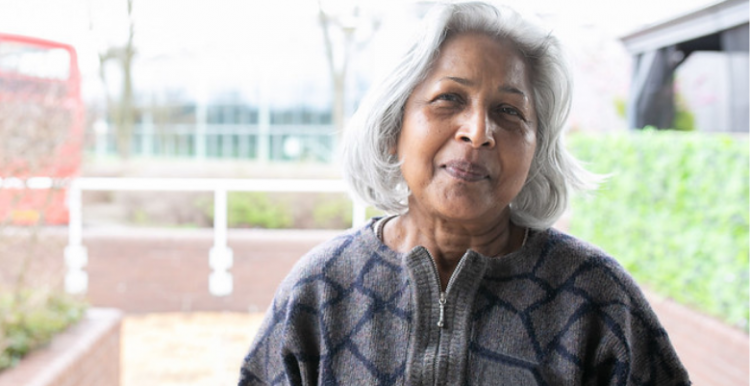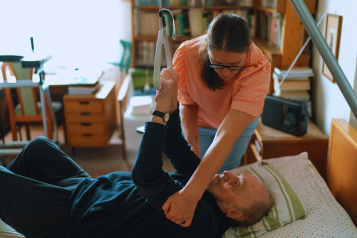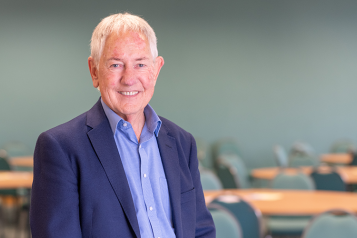Call out to South Asian community for diabetes care experiences

Across the UK, diabetes is a growing health problem for the South Asian community, where Type 2 diabetes is up to six times more common.
Your stories about diabetes services are wanted to help make sure care is joined up and working well.
Who we want to hear from
South Asian people – including those of Indian, Bangladeshi and Pakistani ethnicity – in Cambridgeshire who have been diagnosed with pre-diabetes or diabetes.
What you can tell us
You can tell us about:
- Your diagnosis with your GP
- How services such as footcare clinics, eye screening, dietary advice, exercise groups and pharmacies or voluntary groups are working to help you treat or manage your diabetes.
- Any social care you are using.
Your experiences matter because …
The information you share with us will go to Healthwatch England and NHS England to help map out how well health and care is joined up. They want to find out what is and isn’t working - and why - so that patients get better care and outcomes.
Have your say today
Please take a few minutes to pass on your experiences.
0330 355 1285
0752 0635 176


